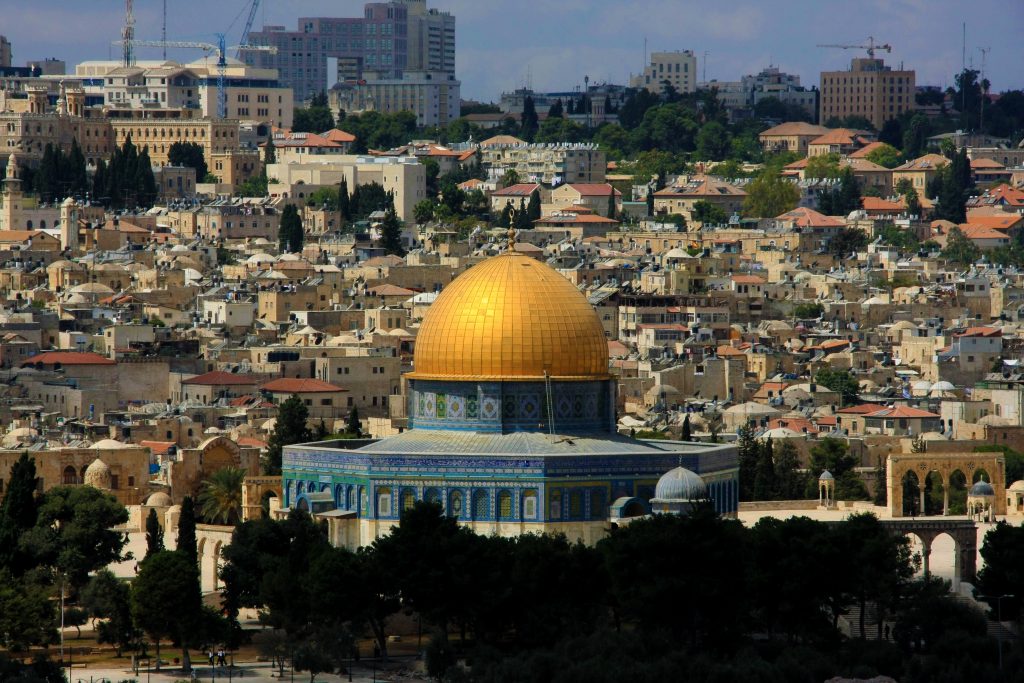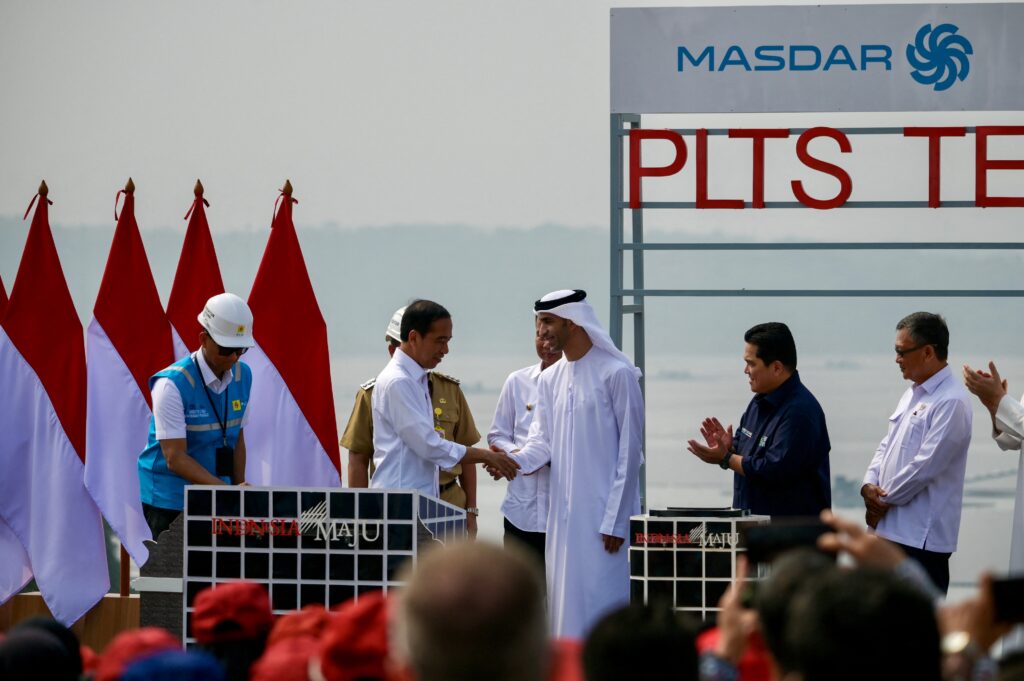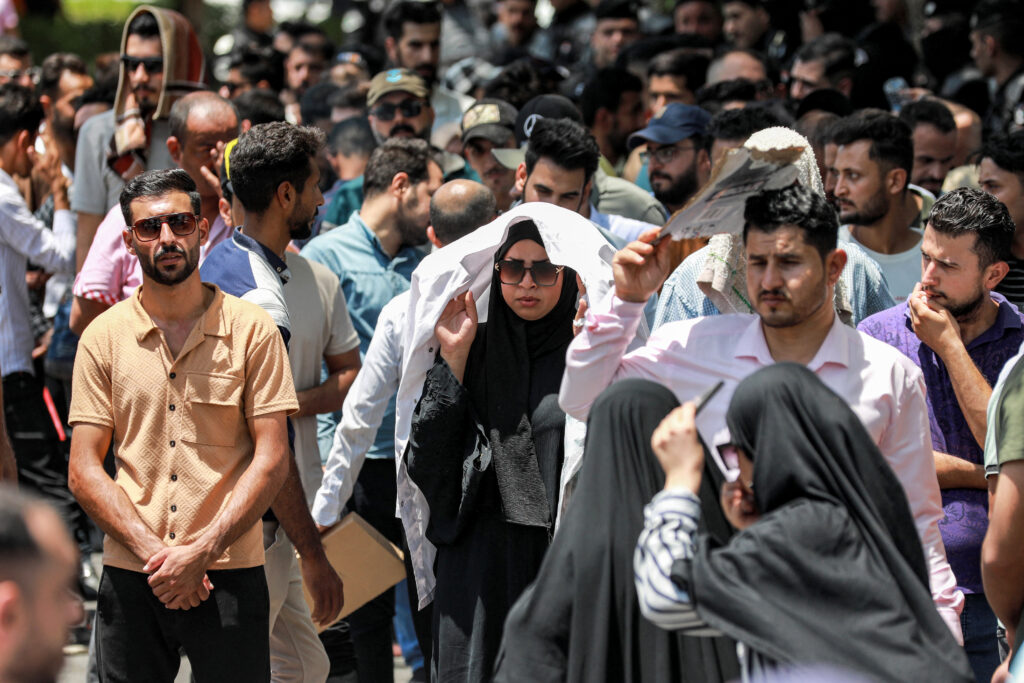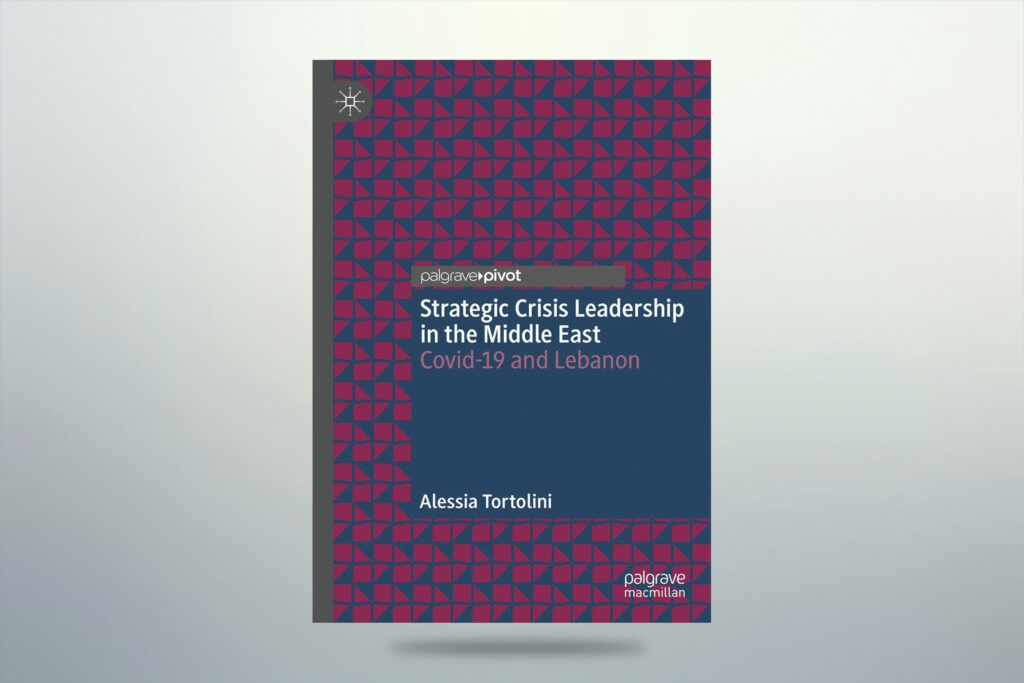Palestinians Should Hope Saudi Arabia Joins the UAE and Normalize Ties with Israel
- -

By Hussain Abdul-Hussain
The late Egyptian president, Anwar Sadat, fought Israel with valor and signed peace with it with honor. Dignity and bravery can as well be attributed to the actions of the late Jordanian King Hussein. Now, the UAE joins them. Perhaps soon other Arab governments also will realize that for every policy there is a time and a place, and that after 72 years of conflict with Israel, the only path forward today is peace. Would Oman and Bahrain be next to normalize relations with Israel? Much more importantly, will Saudi Arabia? As Jared Kushner, the White House special advisor, Israeli-Arab peace-plan architect and Trump son-in-law, put it, “you can’t turn a battleship around overnight.” The strained metaphor aside, he has a point.
Ever since the founding of Israel in 1948, Saudi Arabia has led the region in reaction to it. Riyadh funded wars, mitigated the economic fallouts that these caused and leveraged its clout in 1973 by leading in the Arab oil embargo, forcing people all over to focus on the Palestinian cause.
It took a while but these efforts eventually paid off. In 1993, a peace process began that gave Palestinians a national government and an elected assembly. Arab governments, especially affluent Gulf ones, invested heavily in jumpstarting a proto Palestinian state, giving Yasser Arafat an airport and other infrastructure that helped him build vestiges of sovereignty.
Two obstacles, however, obstructed a solution to Israeli-Palestinian conundrum. The first was Arafat’s mercurial character and his refusal to commit to negotiations. (That Palestinian assembly, furthermore, exists today in name only.) The second was the rise of Iran, and, with it, Islamist militias such as Hamas, whose radical rhetoric and action make peace impossible. And not only in the Gaza Strip, but also in post-Saddam Iraq, in a Lebanon where Hezbollah calls the shots and in Yemen where the Houthis have lobbed missiles at Saudi Arabia.
Of course, it would be wrong to imply that Israel has not sought to push policies – from settlement building to abbreviating the rights of Palestinians – that frustrate ordinary people and deeply harm the possibility of peace, fairness and equality. Yet the strategic calculations have changed, from an existential binary between Israel and Palestine to a multilevel existential threat to the region. Such radical changes require radical responses.
The time has since passed when Israel might threaten to pull the nations of the Arab Gulf into military skirmishes, conflict or outright war with it. (Israel-Palestine is after all a stalemate.) Instead, that title goes to Iran. Campaigning for peace sometimes means making alliances with those similarly in peril, even if that is your only commonality, at least initially.
So here is where we return to that “battleship.” The Saudi leadership, as notably represented by the young crown prince, Mohammed bin Salman, is known for its boldness and result-driven policies. Of course it understands the changed strategic environment. But making policy is not simple. Being bold doesn’t mean one can ignore domestic constituencies — notably the conservative clerics. It is highly probable that Riyadh will eventually formally acknowledge that it shares the same strategic concerns as Israel. But the domestic conditions have to align. For now, they may not.
Needless to say, any Saudi deal with Israel will invite condemnation, especially among Palestinian allies of Iran, Turkey or other Islamist regimes (and not just in the Middle East). And even among just ordinary Palestinians. But they should understand that either the Palestinian leadership offers its Arab allies a clear vision — with a timetable — of how it plans to arrive at peace with Israel, or it should let its Arab allies look after their own interests. The Palestinian people cannot expect regional states to forever suspend their needs while waiting for the Palestinian leadership to make up its mind on what it wants and how it plans to realistically achieve it.
On the other hand, an Israel that becomes dependent on Arab states for investment and trade, for technological exchanges, for, perhaps, even military cooperation, will be more responsive to lobbying by those Arab states in support of the Palestinians. The UAE might soon have such leverage. Palestinians should hope that Saudi Arabia is able to exert similar pressure on their behalf.
And thus, it would be to the Palestinians’ advantage, need and interest if that “battleship” were able to make its U-turn swiftly. Indeed, they should encourage it to do so. SYNDICATION BUREAU
About the Author
Hussain Abdul-Hussain is the Washington bureau chief of Kuwaiti daily Al-Rai and a former visiting fellow at Chatham House in London.
Image caption: Dome of the Rock, Jerusalem. Photo: shared via Pixabay
More in This Series
- Leila Dagher, Nadim Farajalla, Hiba Jabbour and Mohamad Zreik
- -








